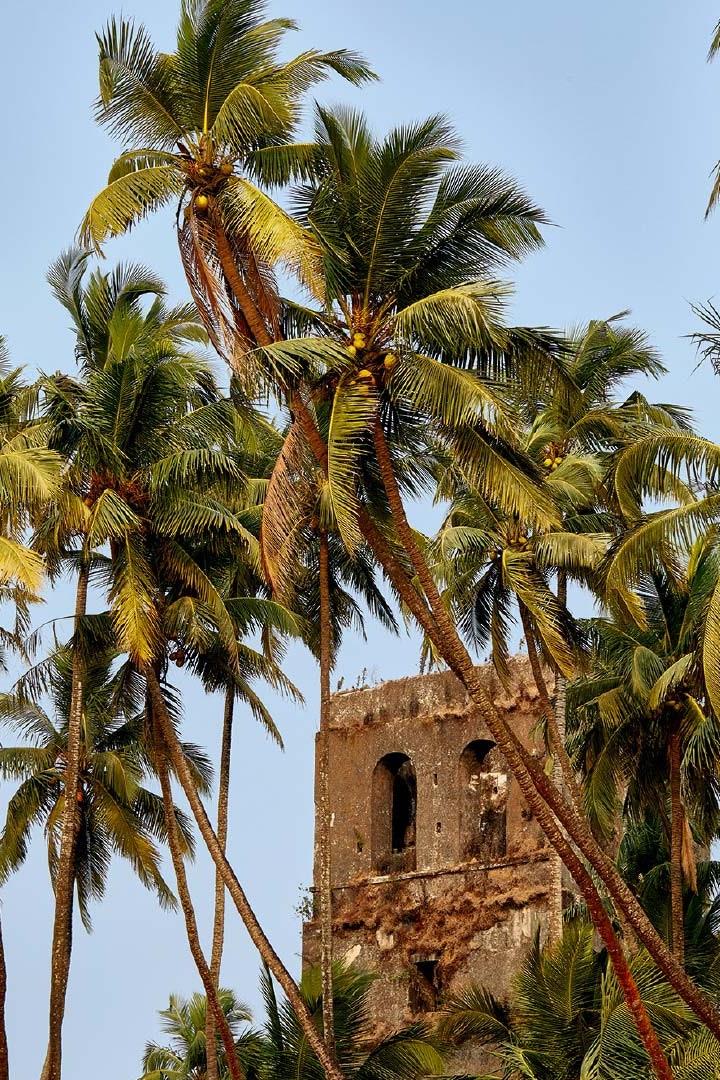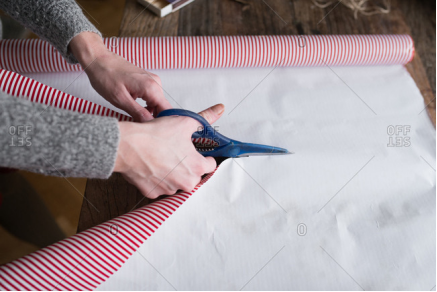The insider’s guide to Alibaug
Nearly 2,000 years ago, the Bene Israelis arrived on the shores of Western India from Galilee, to escape persecution by the Greeks. They adopted the land, and soon the land adopted them. Alibaug, they say, is named after a Jew, Eli, who lived here in the 17th century and owned many an orchard—hence “Ali/Eli-chi baug” or Ali’s Garden. After the Jews came the Portuguese, the Khiljis and the Marathas. Now, there is a new wave of settlers—from just beyond the horizon.
To be sure, Mumbai’s jet-set crowd has been holidaying here since the ‘80s, investing in second homes and farmhouses. “I was disillusioned with urban living, so I moved to Alibaug in 1999,” says veteran designer Pinakin Patel. “It seemed so untouched, and yet it was just across from South Mumbai as the crow flies.” Alibaug saw an accelerating pace of growth—and then the pandemic struck. “During the lockdowns, those who had homes in Alibaug moved for the isolation while others started looking for homes,” says Mumbai restaurateur Gauri Devidayal, who invested in farmland here 15 years ago. “People realised that they don’t have to be at work to make their businesses function,” says Nitin Mongia, owner of Kiki’s, a delivery and catering service offering Indian, pan-Asian and global cuisines (9867908000); “Alibaug will soon shift into a first-home option rather than just for holiday homes.”








